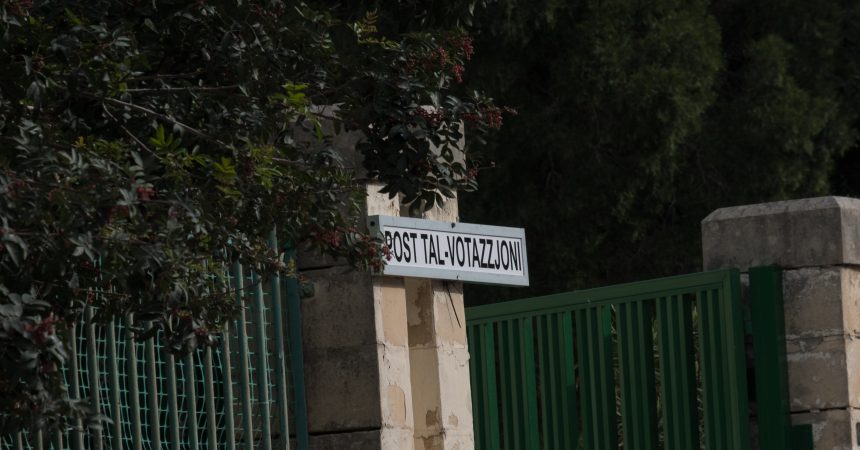It’s a story that we have to write every year. And, frankly, we’re tired of saying it.
While the media is muzzled on the so-called ‘day of reflection’ and on election day, the candidates continue to promote themselves on social media.
Facebook feeds are littered with political advertising, photos of candidates voting, and the people they meet during their campaign trail. If it’s not the politicians, it’s their followers promoting their favourite candidate.
Every election, journalists write the same story about the need to change the law, and every election we get soundbites from the government and the opposition that, yes, the law should be changed. And then, nothing.
The period of silence is intended to give voters time to reflect without being influenced by what is being said. It is unenforceable in the age of social media. And with the media gagged, there is no counter to what the politicians are saying on those days.
The law was implemented in the 1990s. It was designed for a time when news lasted a day—until the newspaper’s next print run or the next news bulletin on TV.
Even then, while the press was muzzled, candidates would still call people at home, urging them to vote for this or the other candidate. Now, too, candidates still spend the day visiting different localities, trying to get every vote.
What it translates to today is a free-for-all for the candidates to say what they like while the media is gagged. The public does not get any analysis of what the politicians are actually doing and saying in the lead-up to the elections.
It affects all the media, including online news portals, which must ensure that all political advertising ends before the ‘day of reflection’. More importantly, for two days, the public gets limited news because what, in terms of news, is not political?
The law refers to “any matter likely to influence voters in the exercise of the franchise”. It does not exclude social media, but in practice, it is simply unenforceable. How do you stop a candidate posing with voters and saying, “We are here for you”? Isn’t that an attempt to influence voters?
Anyone caught breaching such provisions is liable to a fine of €1,165 or imprisonment for up to six months. As journalists, we respect the rule of law; it’s not the penalties that hold us back from defying a dysfunctional law. But things must change because what we have at the moment is not a level playing field – it does not work in the interest of voters.














I wouldn’t vote for ANY politician who comes knockin’ on my door- with promises I KNOW will not be kept.
And this supposed day of ‘reflection’ is even more ridiculous since the ‘early voting’ concession was introduced.
Are ONLY those voters casting their vote on the actual voting day that need to reflect, THOSE availing themselves of the early voting, NO?